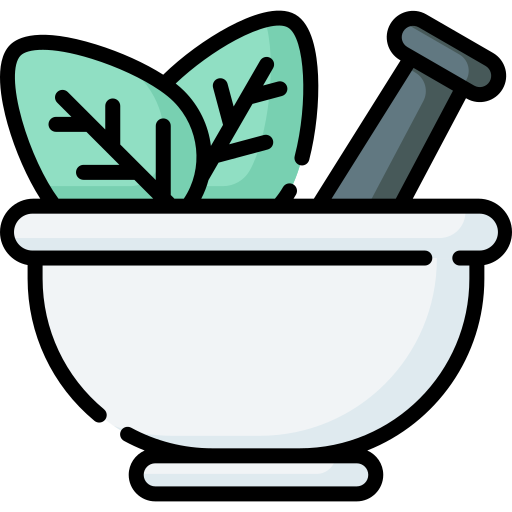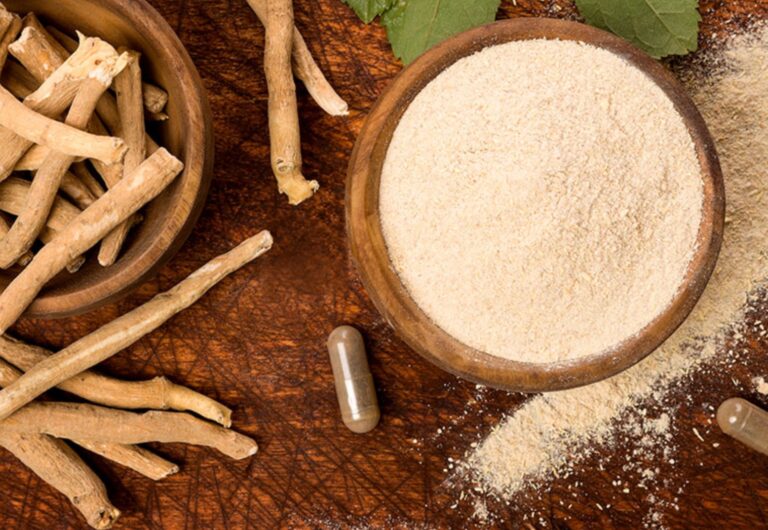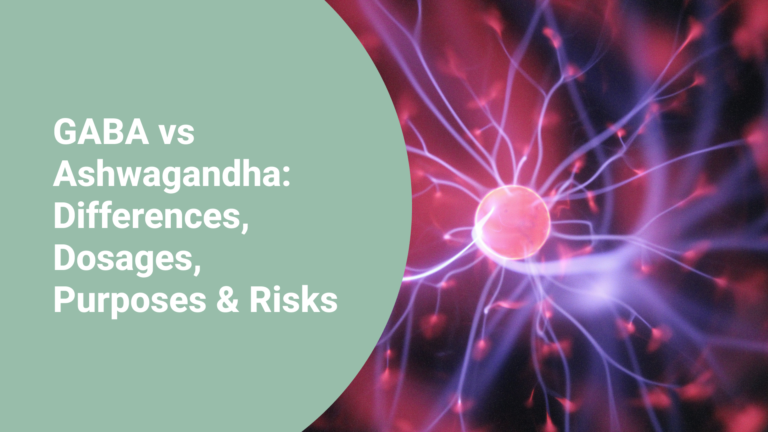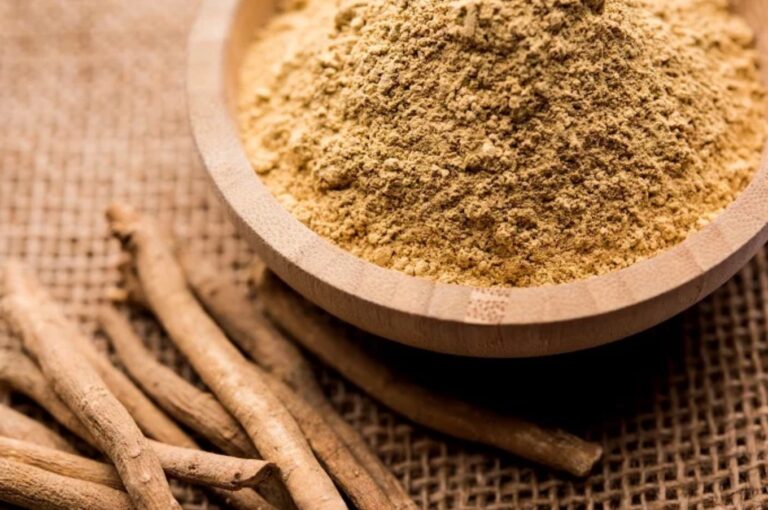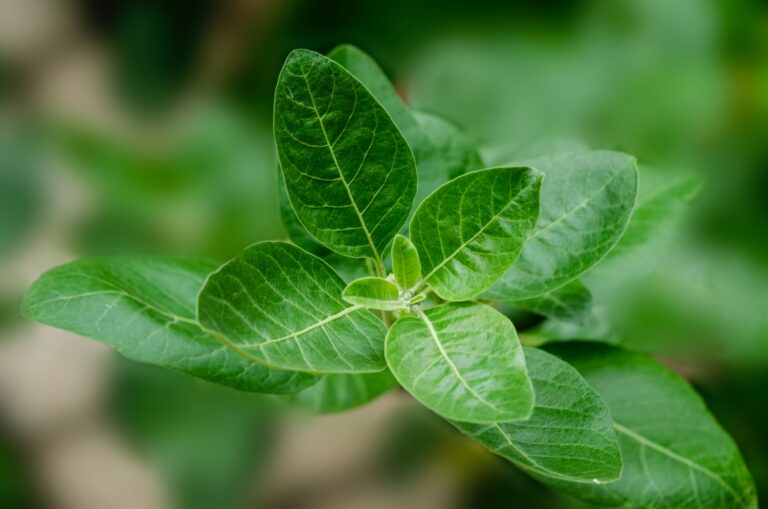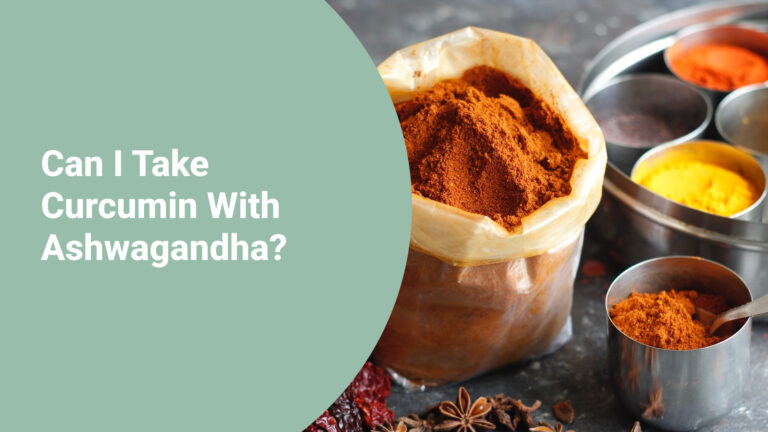Ashwagandha for Beginners: Usage, Dosage and Side Effects
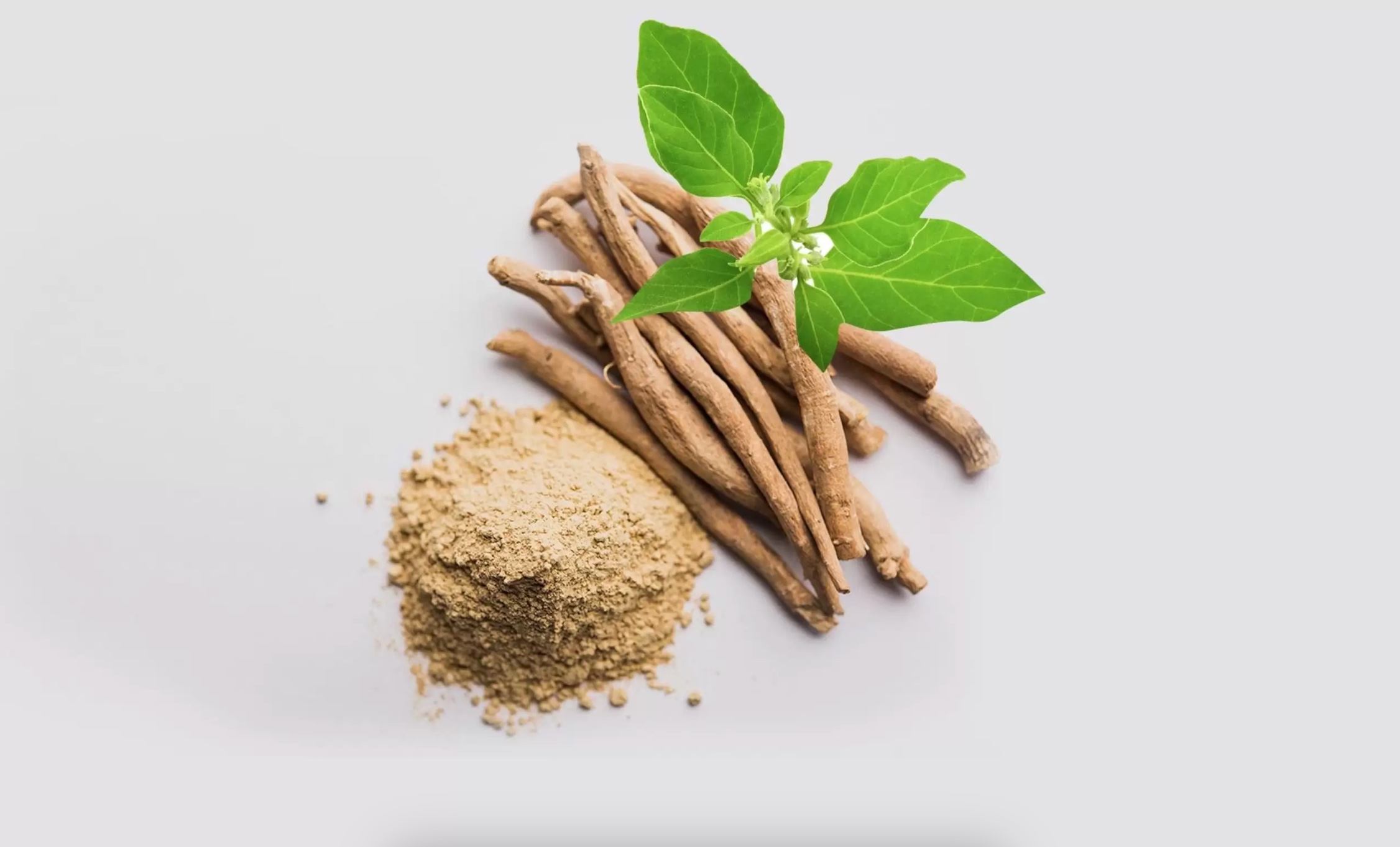
Ashwagandha Expert is a project that offers the most accurate information in an accessible, understandable and applicable way so that readers can make the best...Read more
✅ Evidence-Based
⚙️ Methodology
From the author:
Ashwagandha, also known as Indian ginseng or winter cherry, stands as an ancient herb within Ayurvedic medicine. A small shrub with yellow flowers, it thrives in India, the Middle East, and parts of Africa—harboring adaptogenic powers to aid the body in managing stress and anxiety.
[READ: What Are Adaptogens? Popular Herbs, Types, Benefits & Risks]
This has a lot of benefits, from stress reduction and anxiety relief to enhanced brain function and decreased inflammation. With remarkable anti-depressant properties, this ancient remedy rivals prescription drugs in effectively addressing depression and anxiety. It is even thought to elevate testosterone levels in both men and women, while also potentially improving physical performance and lessening muscle damage and soreness post-exercise.
[Read: What Is Stress? Types, Symptoms, Causes, Treatment, Coping]
Available in diverse forms—capsules, powders, and teas—Ashwagandha offers flexibility in consumption, whether ingested alone or added to smoothies or other culinary creations.
Historical uses of Ashwagandha
For ages, people in Ayurveda have trusted Ashwagandha to boost health. This herb, known as an adaptogen, helps the body handle stress and maintain balance. In Ayurveda, it’s a “rasayana,” believed to support longevity and enhance overall well-being. Specifically, it’s a “medhya rasayana,” thought to sharpen cognitive function and clarity.
Used throughout history, Ashwagandha isn’t just a one-trick pony. It’s been employed for energy, physical strength, and overall health improvement. Beyond Ayurveda, it finds a place in traditional African and Chinese medicine. Africans used it for fever, inflammation, and pain, while in China, it was trusted to strengthen the spleen and kidneys.
Despite its rich history, more research is needed to grasp its full potential.
Nevertheless, Ashwagandha remains a widely embraced herb today for various reasons.
[Read: What is Ayurveda? Principles, Practices Benefits and Risks]
Why did Ashwagandha become popular?
In the present era, with a rising skepticism towards synthetic laboratory medicines, a shift towards natural remedies is evident. Tongkat Ali, Cat’s Claw, and Lion’s Mane are gaining traction, with Ashwagandha standing out.
The popularity of Ashwagandha stems from its numerous health benefits.
Stress and anxiety relief
Ashwagandha is great for reducing stress and anxiety. A study in the Journal of Alternative and Complementary Medicine found that taking Ashwagandha extract significantly lowered stress and anxiety levels, more than a placebo.
This natural approach to stress relief is promising. The research suggests that Ashwagandha could be a helpful option for managing stress and promoting mental well-being. These findings point towards the potential benefits of incorporating Ashwagandha into a holistic well-being strategy.
Cognitive enhancement
Ashwagandha can boost your brainpower. In a study from the Journal of Dietary Supplements, people who used Ashwagandha extract saw better thinking skills. This included improved memory, attention, and how fast they processed information.
Ashwagandha serves as a potential adjunctive therapy for diverse degenerative neurological disorders, such as Alzheimer’s and Parkinson’s. It demonstrates efficacy in safeguarding the integrity of the central nervous system.
This natural remedy isn’t just about mental benefits. Ashwagandha also supports your overall well-being. Studies suggest it can help reduce stress and promote a sense of calm. So, not only does it sharpen your mind, but it also contributes to a more relaxed and balanced lifestyle.
Inflammation reduction
Ashwagandha, recognized for its versatility, possesses the capacity to mitigate inflammation within the body. A study featured in the Journal of Ethnopharmacology substantiates its efficacy in significantly reducing inflammation in mice.
Ashwagandha extends a spectrum of health advantages, ranging from stress alleviation and enhanced cognitive function to the natural attenuation of inflammation.
Additionally, its antioxidant properties contribute to combating free radicals, which are implicated in various age-related ailments. Recent findings also indicate a promising role in anti-cancer effects.
Looking for more information about the benefits of Ashwagandha? Check out my article where I examine the benefits of Ashwagandha in detail.
How does it work?
Gamma-aminobutyric acid (GABA) is a vital neurotransmitter and amino acid that eases stress and enhances sleep quality by calming the nervous system and slowing down neuron firing. It serves as the primary inhibitory neurotransmitter in our central nervous system.
Imbalances in GABA within the brain can lead to fatigue, weakness, anxiety, panic, and depression. On the flip side, both excess and deficiency of GABA pose potential health issues.
Ashwagandha, by regulating serotonin through GABA receptors in the brain, effectively reduces the stress response and lowers anxiety levels. This natural process provides a promising avenue for addressing mental well-being.
[READ: GABA vs Ashwagandha: Differences, Dosages, Purposes & Risks]
A study conducted at The Canadian College of Naturopathic Medicine involving 75 volunteers with moderate to severe anxiety demonstrated the significant anxiety reduction effects of Ashwagandha compared to a control group. This research sheds light on the potential benefits of integrating natural solutions for managing anxiety.
Benefits of Ashwagandha
Ashwagandha shields our brain from the harmful impacts of chronic stress, acting as a natural stress defender.
By mimicking serotonin regulation, Ashwagandha mirrors the effects of prescription benzodiazepines, often found in popular antidepressants.
The antioxidant and inflammation-reducing properties of Ashwagandha make it a potential guardian against damage caused by Alzheimer’s, Parkinson’s, and Huntington’s diseases.
A study observed improved memory and social cognition in individuals with bipolar disorder after consuming Ashwagandha extract.
Beyond stress relief, Ashwagandha showcases positive physical effects, enhancing strength, alleviating fatigue, and expediting recovery.
Scientific investigations reveal Ashwagandha’s positive influence on reproductive health, impacting sperm count, volume, motility, and testosterone levels.
While commonly known for anxiety and stress management, Ashwagandha serves various purposes, including sleep regulation, heart health, sports supplementation, blood sugar control, and performance enhancement.
How to use Ashwagandha?
Ashwagandha, a flexible herb, comes in different forms like capsules, powders, and teas.
Dosage guidelines:
- Standard ground Ashwagandha powder: 3 to 6 grams daily
- Arthritis: 250 to 500 mg of extract (4-5% withanolides)
- Antioxidant protection: 100 to 200 mg of extract (4-5% withanolides)
- Immunity: 100 to 200 mg of extract (4-5% withanolides)
- Relaxation: 250 to 500 mg of extract (4-5% withanolides)
- Stress: 250 to 500 mg of extract (4-5% withanolides)
- Sexual performance: 250 to 500 mg of extract (4-5% withanolides)
For higher doses, such as 500 mg, take 250 mg in the morning and another 250 mg early afternoon. Remember, there’s a significant difference between standard ground Ashwagandha powder and an extract – the extract is much more concentrated.
Be cautious not to use Ashwagandha for more than 3 months due to medical reasons. It’s crucial to understand the difference between standard ground Ashwagandha powder and an extract – the extract is much more concentrated.
Best time to take Ashwagandha
I recommend taking Ashwagandha with your meals for better absorption. You can take it in the morning to tackle stress throughout the day or at night to improve sleep. Keep in mind that it might take a few weeks to see its full effects, so be patient and use it consistently.
If you experience discomfort like an upset stomach or allergies, stop using it and consult with a healthcare professional.
Potential side effects of Ashwagandha
In my experience, Ashwagandha is safe for most people if you stick to the recommended doses. Yet, similar to other supplements or medications, it might trigger side effects in some. So, I recommend being mindful of these potential effects before deciding to take Ashwagandha.
It’s crucial to stay within the suggested doses for Ashwagandha to ensure safety. If not, there’s a chance it could lead to adverse reactions in certain individuals. Always prioritize your well-being and consider the potential side effects before incorporating Ashwagandha into your routine.
Common side effects
A study in the Journal of Ayurveda and Integrative Medicine found that Ashwagandha may cause mild gastrointestinal problems like diarrhea, upset stomach, and nausea.
Ashwagandha may cause side effects, but stopping usually resolves them. If severe abdominal pain or an inability to keep down food or water occurs, consult a doctor. Make sure the symptoms disappear after discontinuing the supplements. In such cases, seeking professional advice is essential.
When should you not use Ashwagandha?
Avoid Ashwagandha if you have hypothyroidism, as it stimulates the thyroid. Always consult your endocrinologist for added safety in such cases.
Pregnant individuals should steer clear of Ashwagandha due to its potential to cause miscarriage, given its potent hormonal effects.
Exercise caution with Ashwagandha if you’re on sedatives, antidepressants, or anti-anxiety medications, including St. John’s wort. It can intensify their effects, especially with antidepressants.
Ashwagandha can interact with immune suppressants, blood pressure medications, and blood sugar regulators. If you’re on these medications, it’s best to avoid Ashwagandha.
Those with bleeding problems should refrain from using Ashwagandha.
If you have kidney or liver disease, it’s crucial to avoid Ashwagandha. This herb has been linked to promoting kidney and liver issues, leading to organ failure. This is a serious warning that should not be overlooked.
Precautions and interactions
Before using Ashwagandha, talk to your healthcare provider because it might interact with some medications or supplements.
If you have autoimmune diseases, thyroid issues, or diabetes, Ashwagandha might not be suitable for you.
If you are pregnant do not use Ashwagandha as it could cause a miscarriage. This herb is an adaptogen with powerful hormonal effects.
Be aware that Ashwagandha can induce sedation, making it unsafe before operating machinery or driving. Additionally, it may lower blood pressure and blood sugar levels, requiring caution for individuals with hypotension or hypoglycemia.
Always prioritize informed decisions about its usage based on individual health circumstances.
Is Ashwagandha safe for children?
No! Ashwagandha is not recommended for children under the age of 18, as there is limited research on its safety and effectiveness in this population.
Where to buy Ashwagandha
Ashwagandha comes in various forms like powder, capsules, tincture, and tea, all made from the plant’s root and berry. The herb’s powdered root serves as the foundation for Ashwagandha supplements.
Ashwagandha contains active components such as alkaloids, saponins, and withanolides. Check the product label for the percentage of these active ingredients, often presented as “standardized to 4-5% of withanolides” on the packaging. This information helps gauge the potency of the supplement.
My Pick

Double Wood Supplements Ashwagandha 500mg
I picked Double Woods Supplements for my Ashwagandha, and it turned out good. The product doesn’t have a bad smell. It worked well for me. If you’re new to Ashwagandha, go for the 500 mg one from Double Products Supplements. It’s a good choice.
Small note: If you purchase the product through the button below, I may earn a small commission and continue this project.
Ashwagandha Expert is a project that offers the most accurate information in an accessible, understandable and applicable way so that readers can make the best possible decisions about the Ashwagandha plant and its use.
More Posts